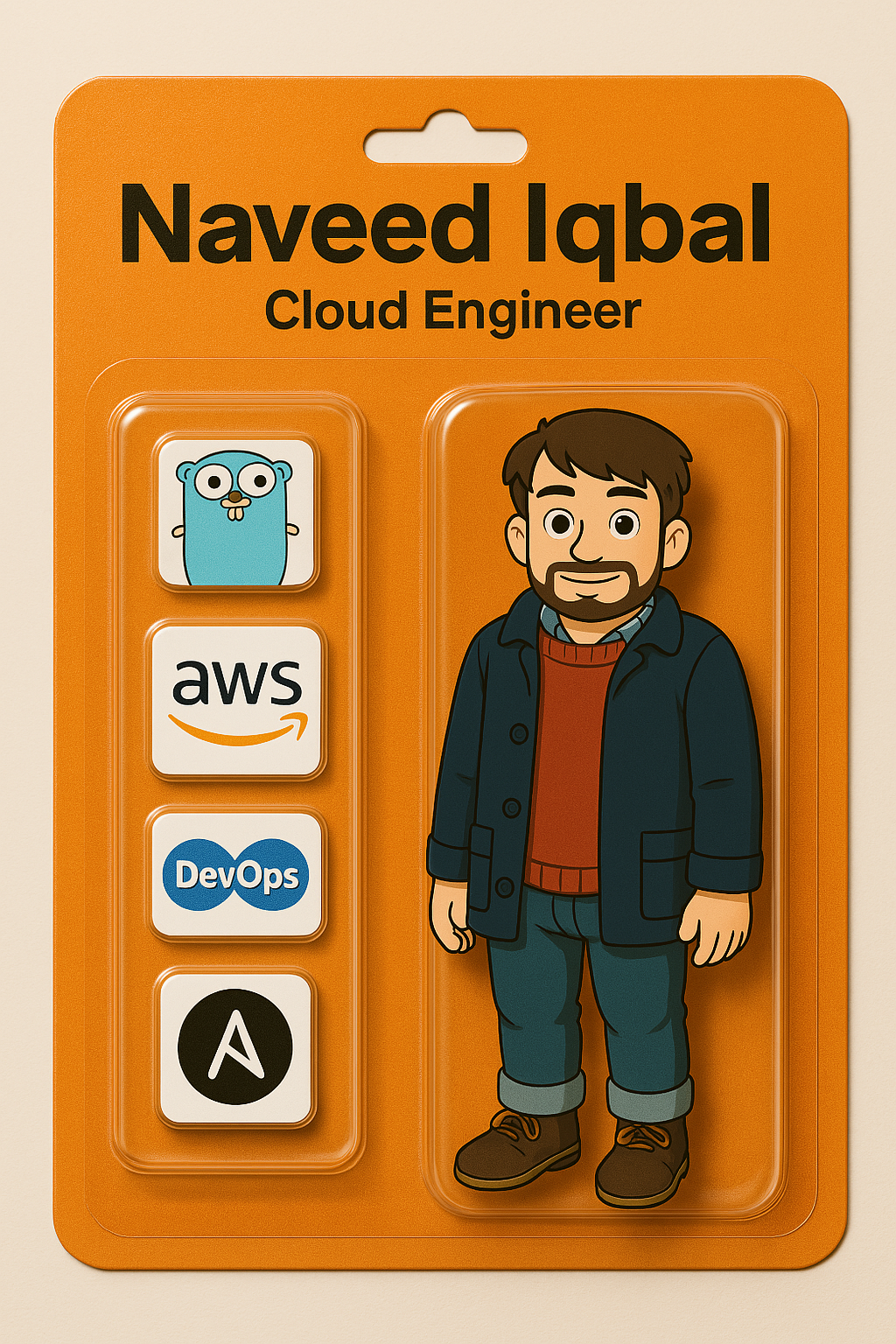
Artificial Intelligence is no longer a distant idea in the education sector. From intelligent tutoring systems to AI-driven content creation and personalized feedback, the classroom is evolving rapidly. As we stand at the intersection of technology and learning, AI is proving to be one of the most transformative forces in education today.
🎯 Key Insight
The global AI in education market is expected to reach $25.7 billion by 2030, growing at a CAGR of 32.9%. This explosive growth reflects the immense potential of AI to revolutionize how we teach and learn.
🎓 Personalized Learning: The Game Changer
One of the most significant impacts of AI in education is the ability to provide personalized learning experiences. Traditional education follows a one-size-fits-all approach, but AI enables tailored learning paths for each student based on their pace, preferences, and performance.
Adaptive Learning Systems
AI algorithms analyze student performance in real-time, adjusting difficulty levels and content delivery to match individual learning speeds and styles.
Learning Analytics
Advanced analytics provide insights into learning patterns, helping educators identify struggling students early and provide targeted interventions.
Customized Content
AI generates personalized learning materials, practice problems, and assessments tailored to each student's knowledge gaps and learning objectives.
🤖 Intelligent Feedback Systems
AI tools now provide real-time feedback on essays, quizzes, and even programming assignments, allowing educators to focus on mentoring rather than grading. This immediate feedback loop accelerates learning and helps students understand concepts more effectively.
- Automated Essay Scoring: AI can evaluate writing quality, grammar, and content coherence
- Code Review Systems: Programming students receive instant feedback on their code quality and logic
- Mathematical Problem Solving: Step-by-step guidance for complex mathematical concepts
- Language Learning: Pronunciation feedback and conversational practice with AI tutors
♿ Accessibility & Inclusivity
From automatic transcription to speech-to-text support and learning disability assistance, AI is making education more inclusive than ever. These technologies break down barriers and ensure that quality education is accessible to students with diverse needs and abilities.
Speech Recognition
Real-time transcription and voice-to-text capabilities support students with hearing impairments or those who learn better through auditory processing.
Visual Assistance
AI-powered tools can describe images, read text aloud, and provide navigation assistance for visually impaired students.
Language Translation
Real-time translation breaks down language barriers, enabling global access to educational content and fostering international collaboration.
⚠️ Challenges & Ethical Concerns
Despite its benefits, AI in education must navigate data privacy, bias in algorithms, and over-reliance on automation. Human oversight remains essential to ensure that AI enhances rather than replaces the human elements of education.
🔒 Privacy & Ethics
Educational institutions must implement robust data protection measures and ensure AI algorithms are free from bias. The goal is to augment human intelligence, not replace the critical thinking and creativity that teachers bring to education.
🚀 The Future of AI in Education
As we look ahead, AI will continue to evolve, bringing even more sophisticated capabilities to education. Virtual reality classrooms, AI-powered research assistants, and predictive analytics for career guidance are just the beginning of what's possible.
The key takeaway: AI is a tool—not a replacement for teachers. When used wisely, it can revolutionize how we learn and teach across the globe, making quality education more accessible, personalized, and effective for everyone.
